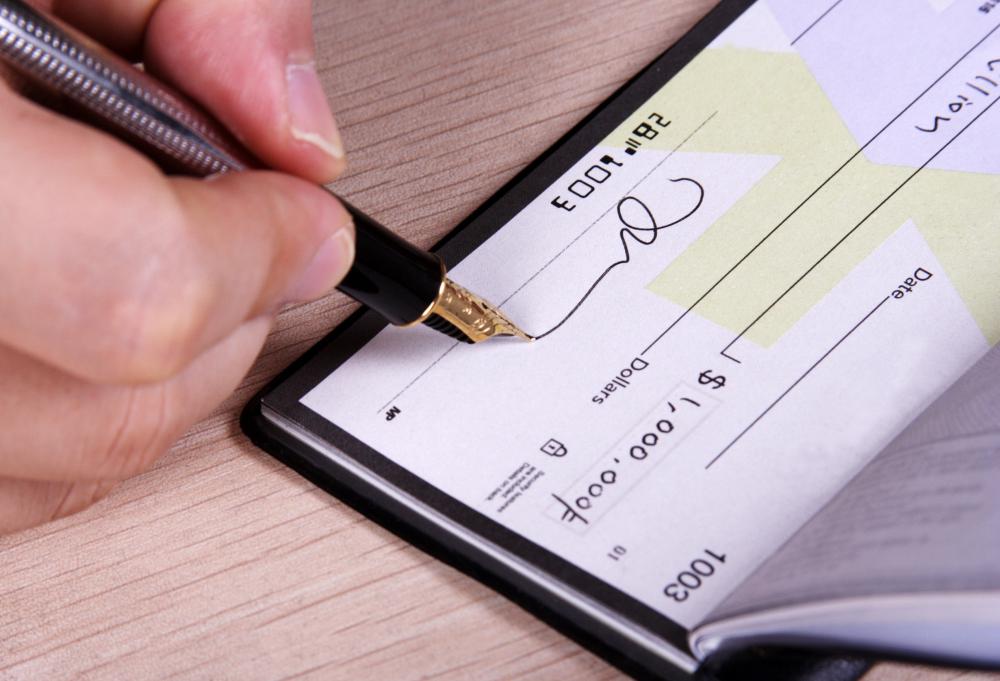
What Is check Hold?
A check hold means the greatest number of days that a bank can legitimately hold the cash from a saved check. After the check hold period has lapsed, the bank should credit the assets to the record of the party setting aside the installment.
The check holding period is for the most part equivalent to the quantity of days it takes for the check to go through the bank’s clearing cycle.
How Check Holds Work
The Assisted Supports Accessibility Demonstration of 1987 (EFAA) commanded that nearby checks might be held for somewhere in the ballpark of two work days. After 2010, all checks in the US were viewed as nearby. The two-day hold has been stretched out to five days as a sensible breaking point for holding nearby checks. The Central bank expects that a bank hold most checks prior to crediting the client’s record for no longer than a “sensible timeframe,” which is viewed as two work days for an equivalent bank check and up to six work days for one drawn on an alternate bank. Monetary establishments might hang on-us things for one work day following the store. Many utilize the term EFAA Guideline reciprocally with (Reg) CC.
Banks may presently choose to put six sorts of hangs on checks:
Any sum surpassing a $5,000 store might be held. This "leftover portion" should be made accessible inside a sensible time, generally two to five work days. Such stores are viewed as huge stores.
Makes sure that are re-stored might be held for a sensible timeframe; in any case, assuming a client returns the check because of a missing support or in light of the fact that the check was postdated, when the bank adjusts the lack, it may not hold expressed check as redeposited.
Banks might hold checks from reserves that are more than once overdrawn. The meaning of overdrawn is on the off chance that the record had a negative equilibrium on at least six financial days during the latest half year time frame, or on the other hand assuming the record total was negative by $5,000 or more twice in the latest half year term.
In the event that a bank has sensible reason to uncertainty the collectibility of a check (e.g., dubious collectibility). This can happen in certain examples of postdated checks, actually takes a look at dated a half year earlier (or more), and makes sure that the paying establishment considered it won't respect. Banks should give notice to clients of far fetched collectibility, including the particular explanation.
A bank might hold checks saved during crisis conditions (e.g., catastrophic events or correspondences glitches) that would disallow the bank from working with its generally expected processes. A bank might hold such checks until conditions license them to give the accessible assets.
Banks might hold stores into records of new clients. New clients are characterized as the individuals who have opened represents under 30 days. Banks might pick an accessibility plan for new clients.Banks may not hold cash or electronic installments, direct store, cash orders, Depository checks; Central Bank and Bureaucratic Home Credit checks, clerk’s, ensured, or teller’s checks, and state or neighborhood government checks, alongside the first $5,000 of conventional makes sure that are not being referred to (following day things). Business banks must uncover their hold arrangements to all record holders. On the off chance that a client demands it, the bank should give its strategy written down.

